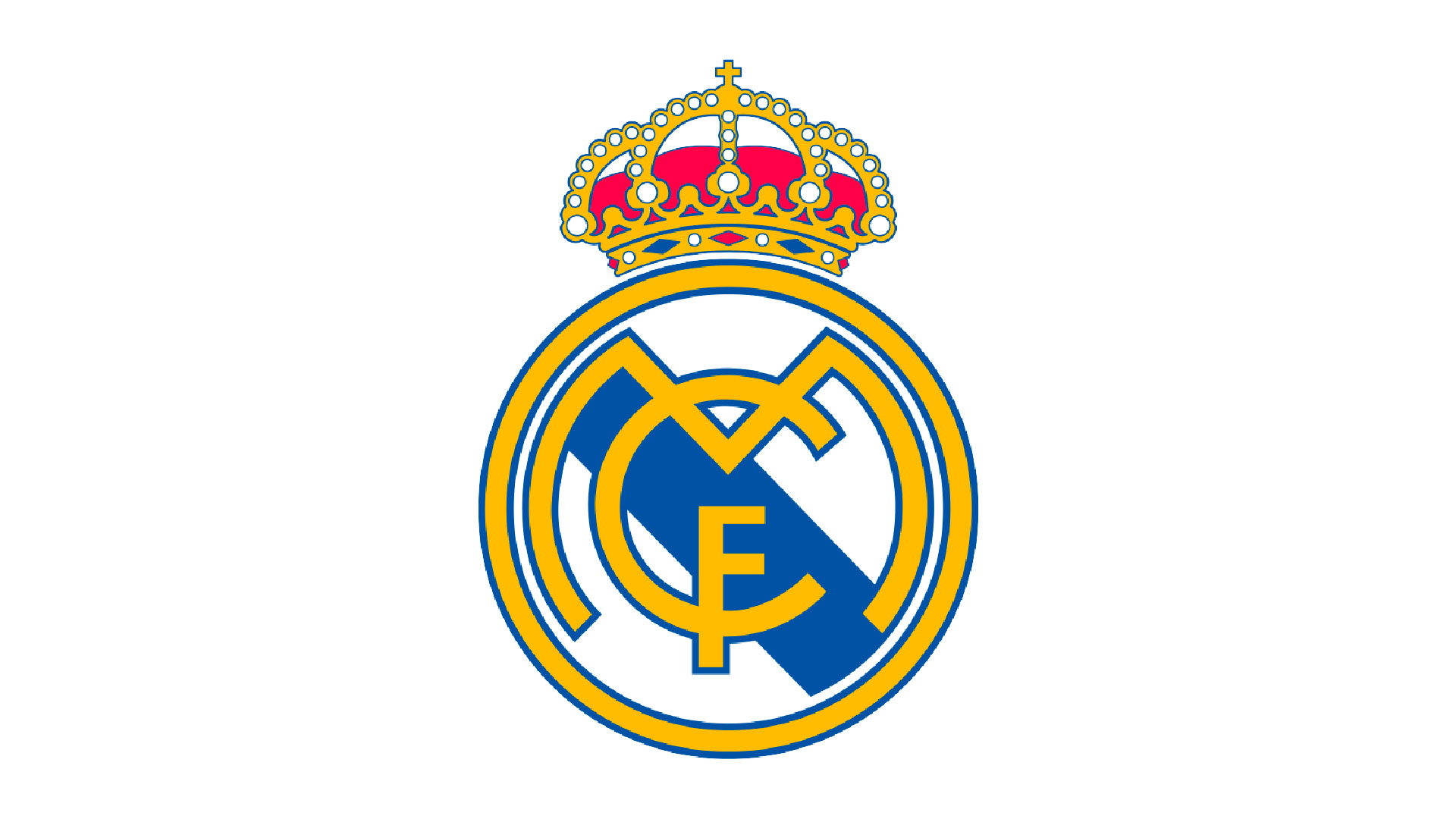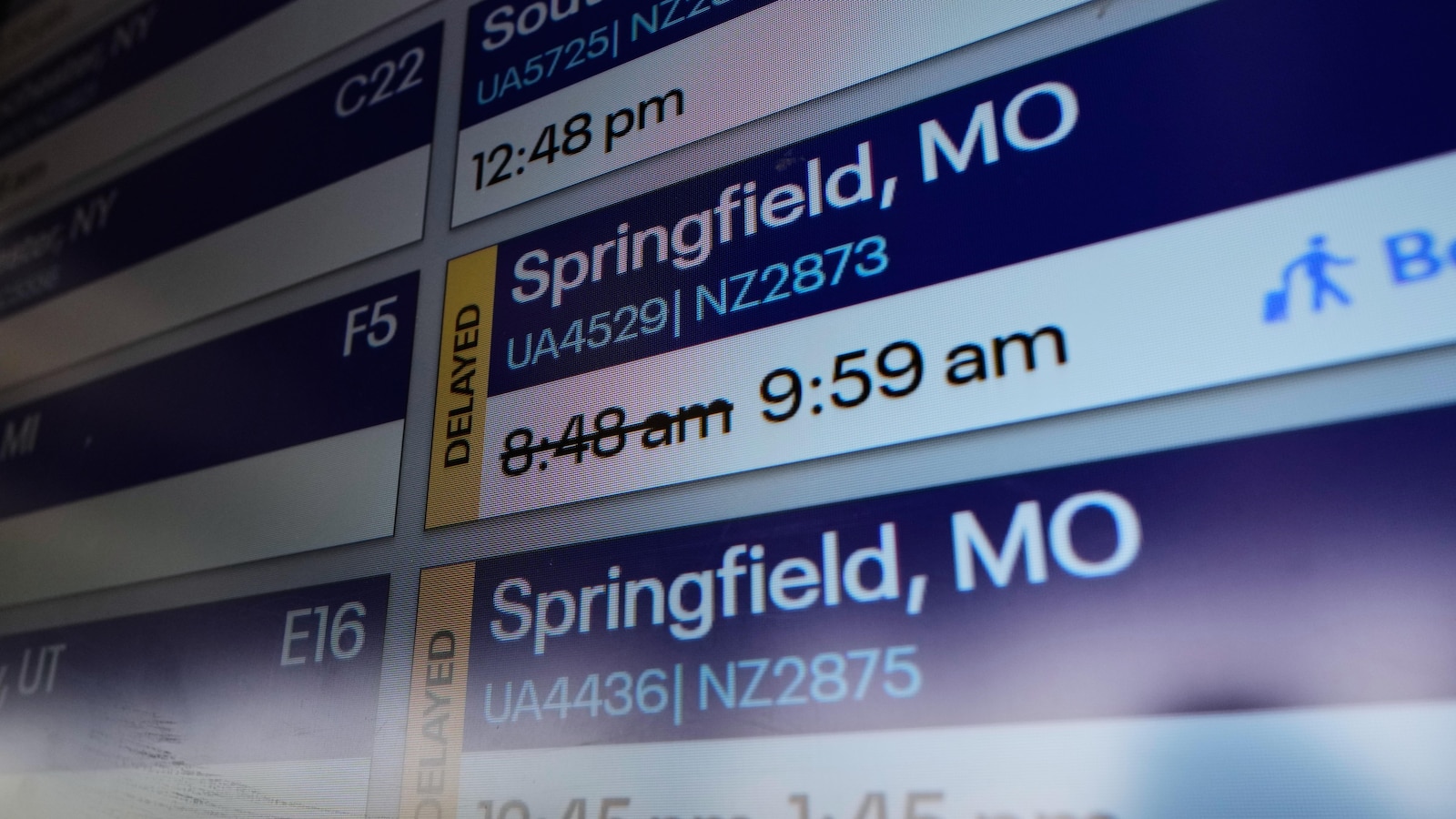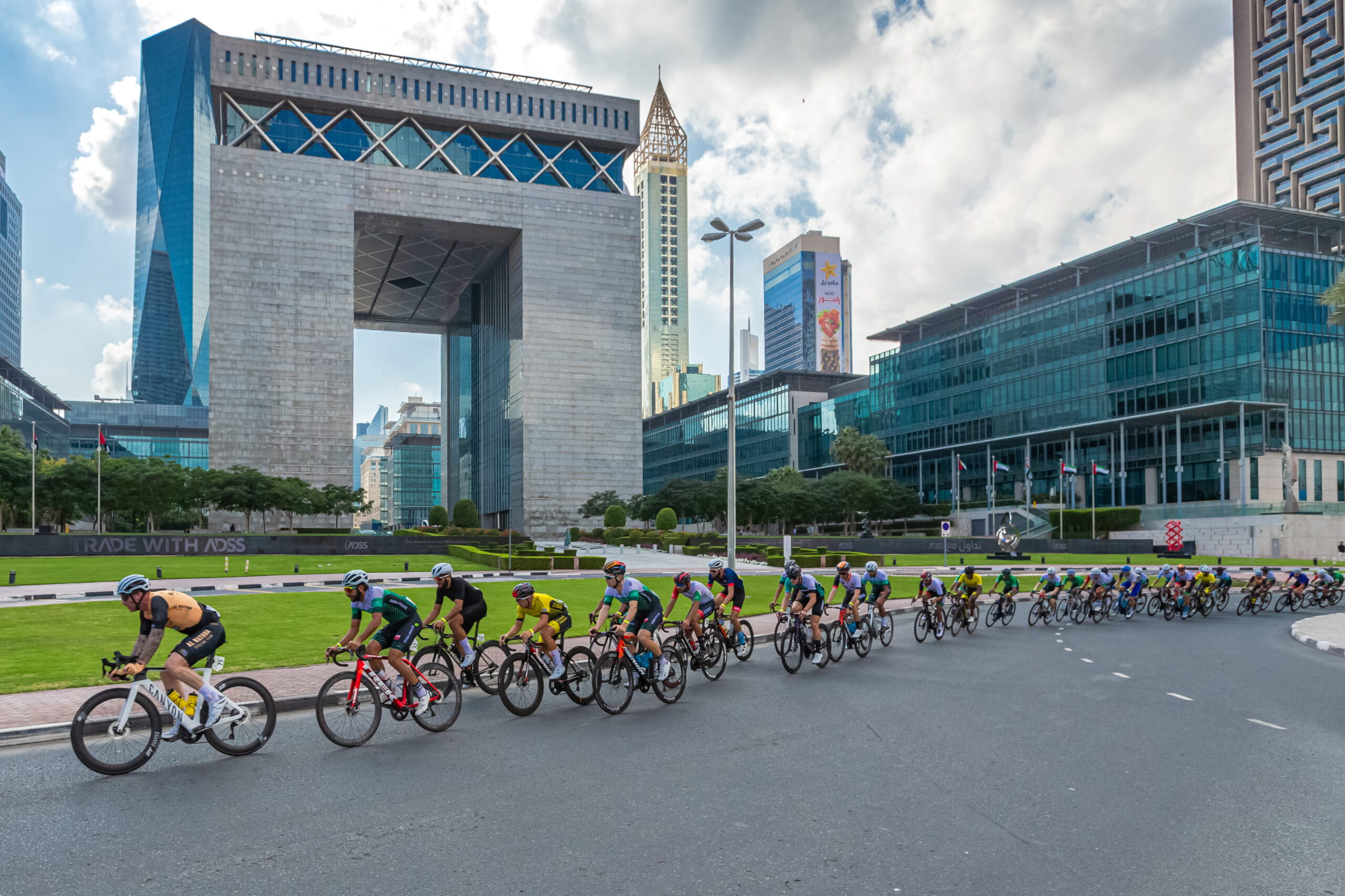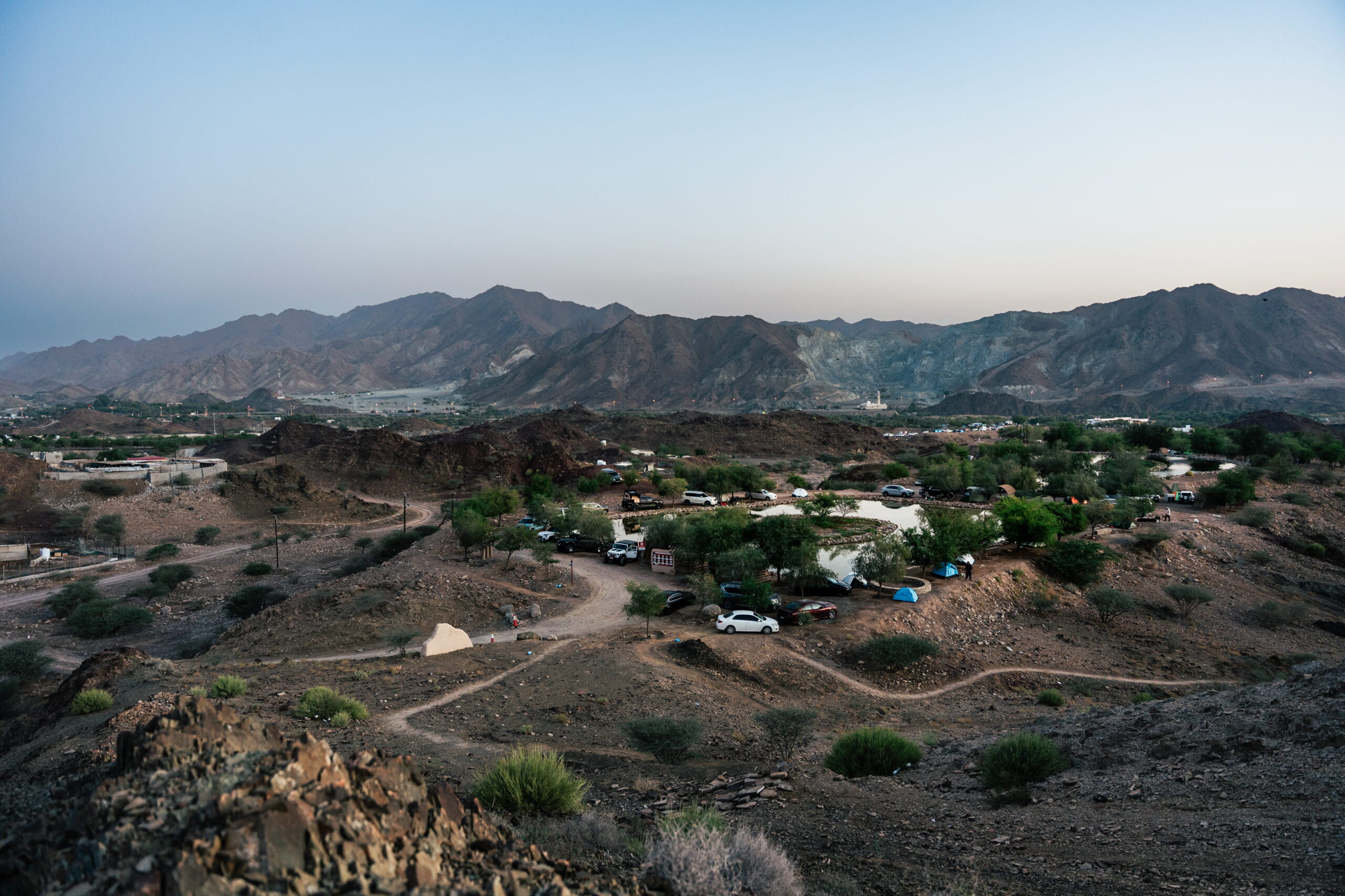- Official Announcement realmadrid.com
- One dead, 17 missing after speedboat capsizes in Papua, Indonesia Baird Maritime
- Government calls for faster response to Labuan Bajo tourist boat tragedy Indonesia Business Post
- Indonesia strengthens the…
Category: 2. World
-

Official Announcement – realmadrid.com
-

Winter storm snarls U.S. holiday travel across Northeast, Great Lakes
BOSTON — More than a thousand flights were canceled or delayed across the Northeast and Great Lakes regions due to snow as thousands took to U.S. roads and airports during the busy travel period between Christmas and New Year’s.
As of Saturday…
Continue Reading
-
Pakistan rejects attempts to ‘undermine Somalia’s sovereignty’ after Israel’s Somaliland recognition – Dawn
- Pakistan rejects attempts to ‘undermine Somalia’s sovereignty’ after Israel’s Somaliland recognition Dawn
- Somalia demands Israel withdraw Somaliland recognition Al Jazeera
- Israel becomes first country to recognise Somaliland as sovereign…
Continue Reading
-
Molecular epidemiology and genetic relatedness of zoonotic Campylobacter species from human and food-producing animal sources in Enugu State, Nigeria
Kist, M. Who discovered Campylobacter jejuni/coli? A review of hitherto disregarded literature. Zentralblatt Bakteriol. Mikrobiol. Hygiene Ser. A: Med. Microbiol. Infect. Dis. Virol. Parasitol. 261 (2), 177–186 (1986).
Continue Reading
-

10th Al Salam Cycling Championship to commence with the Emirati Men’s Amateur Race on 28 December
Under the patronage and directives of His Highness Sheikh Mohammed bin Rashid Al Maktoum, Vice…
Continue Reading
-
Somalia’s Al-Shabab vows to fight any Israeli use of Somaliland – Arab News
- Somalia’s Al-Shabab vows to fight any Israeli use of Somaliland Arab News
- Somalia demands Israel withdraw Somaliland recognition Al Jazeera
- Israel becomes first country to recognise Somaliland as sovereign state The Guardian
- 21 mostly Muslim…
Continue Reading
-
Pakistan Rejects Attempts to Undermine Somalia’s Sovereignty and Territorial Integrity
Pakistan strongly condemns any attempts to undermine the sovereignty, unity, and territorial integrity of Somalia, and rejects, in this regard, the announcement made by Israel recognising the independence of the…
Continue Reading
-

Brand Dubai organises a unique camping experience in the Hatta Mountains as part of the Hatta Festival 2025
As part of the community activities…
Continue Reading
-
China and the World in 2026: Bracing for the Year of the Fire Horse
By Stephen Nagy
December 26, 2025
In the Chinese zodiac, Jan. 29, 2025, to Feb. 16, 2026, is the Year of the Wood Snake — a time of strategic reflection, subtle influence and flexible adaptation.
Snake years supposedly favour…
Continue Reading
-
Secretary-General’s Message on the International Day of Epidemic Preparedness | Secretary-General
On this important day, we remind ourselves that resilient communities are fundamental to preventing, and responding to, epidemics and pandemics.
Our best defense lies not only in science, but in strong local health systems, well-supported…
Continue Reading